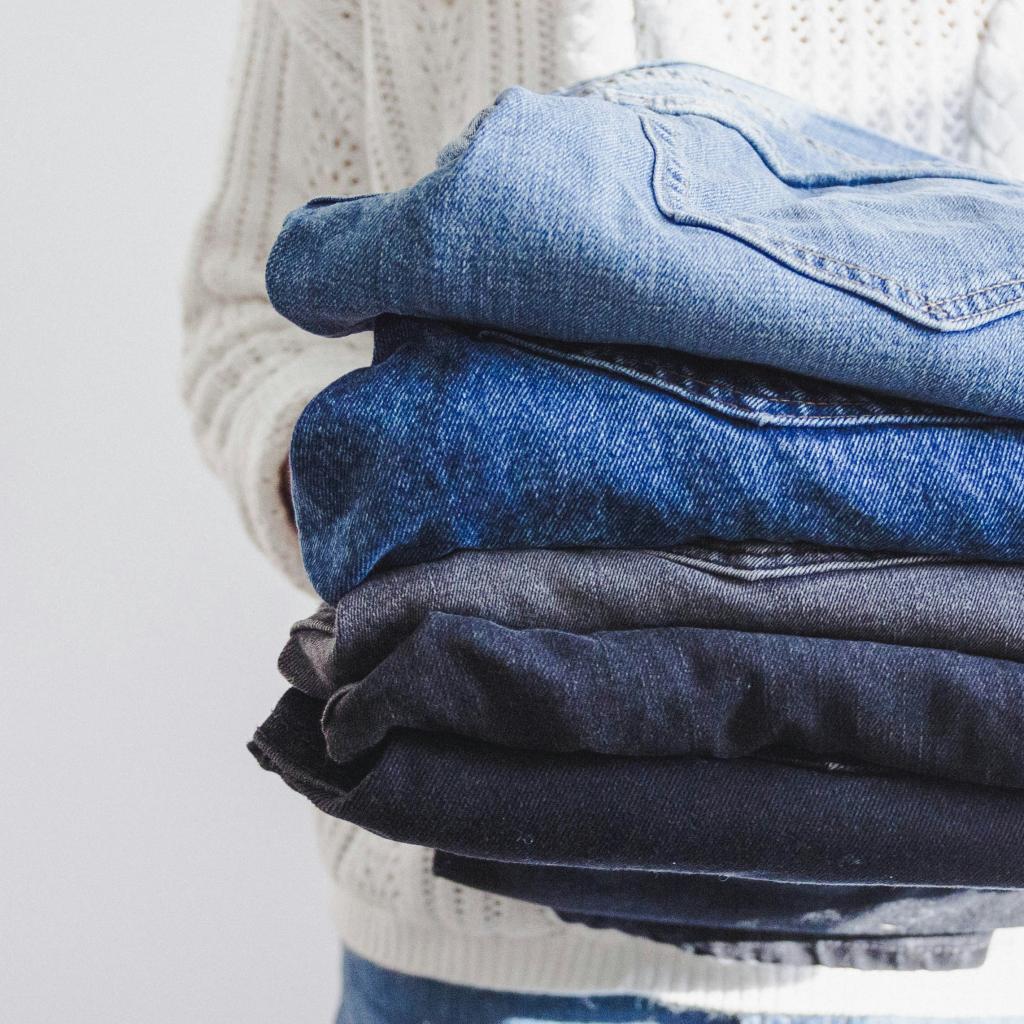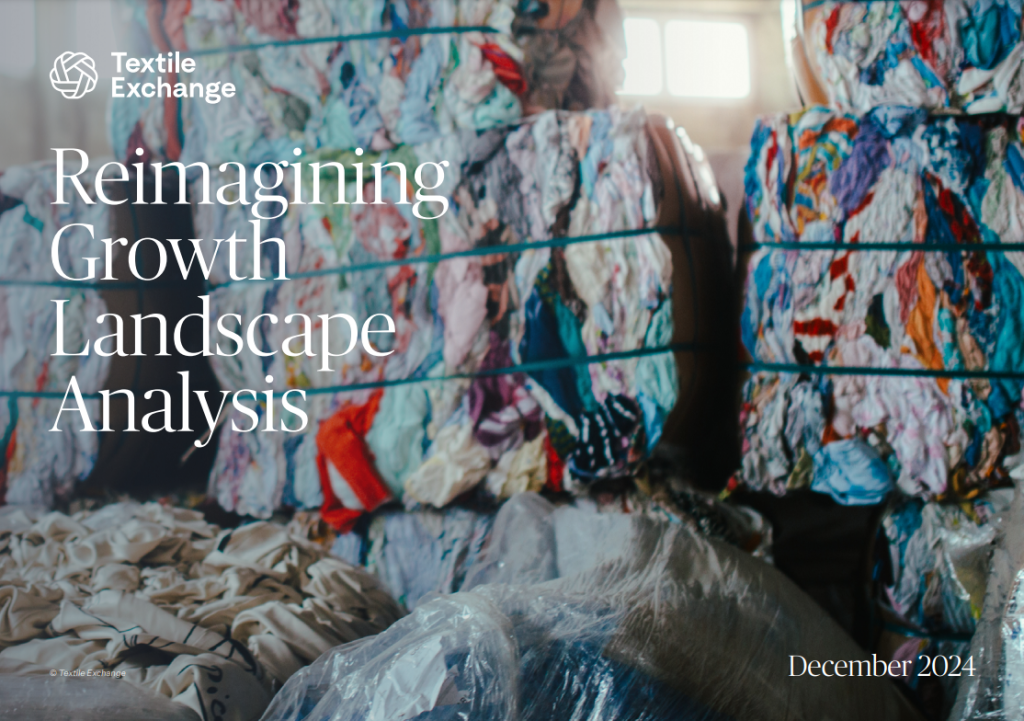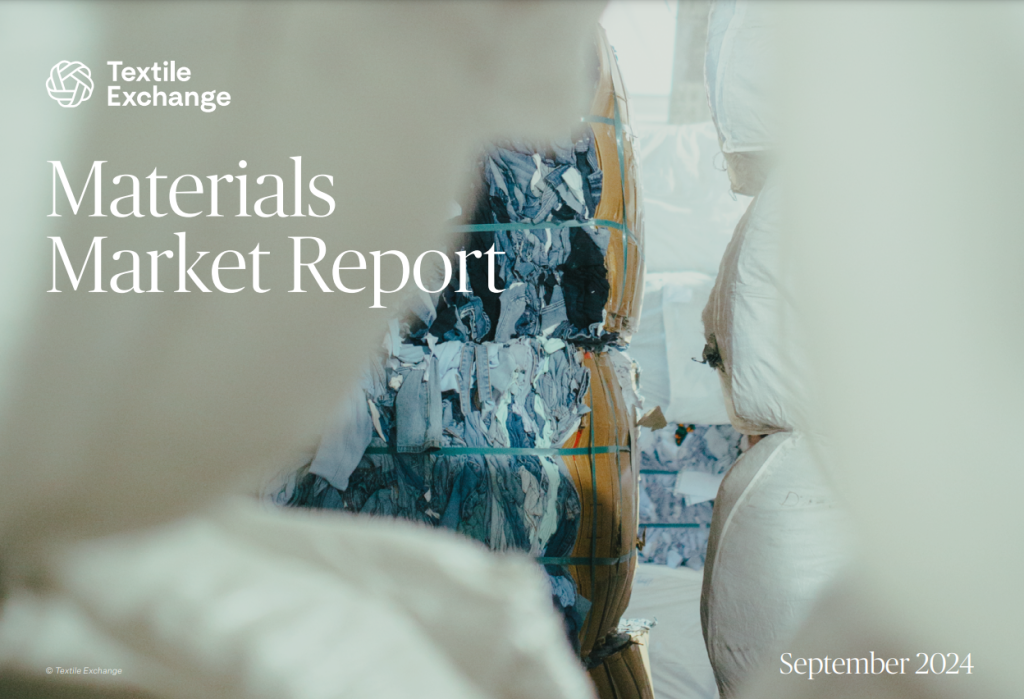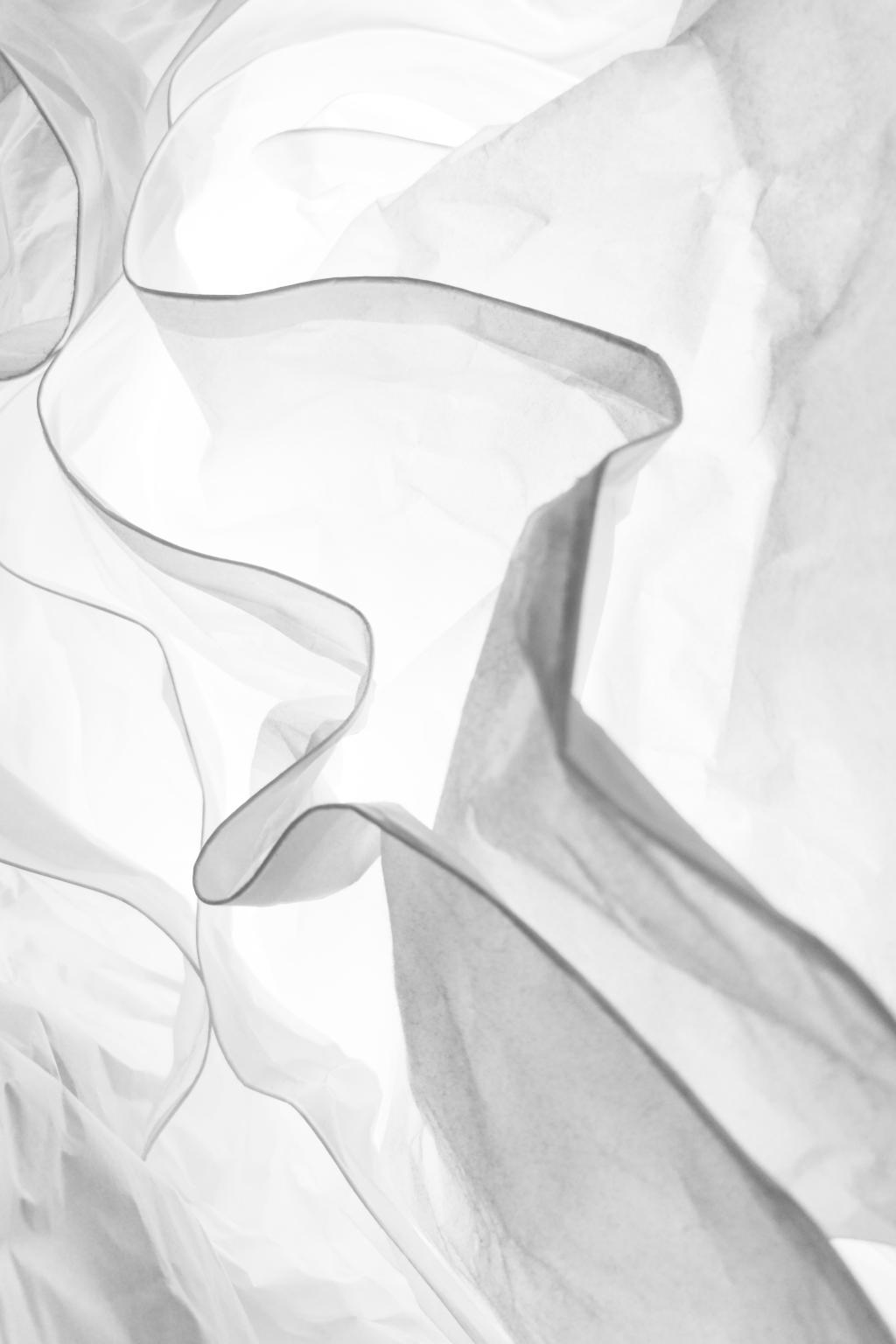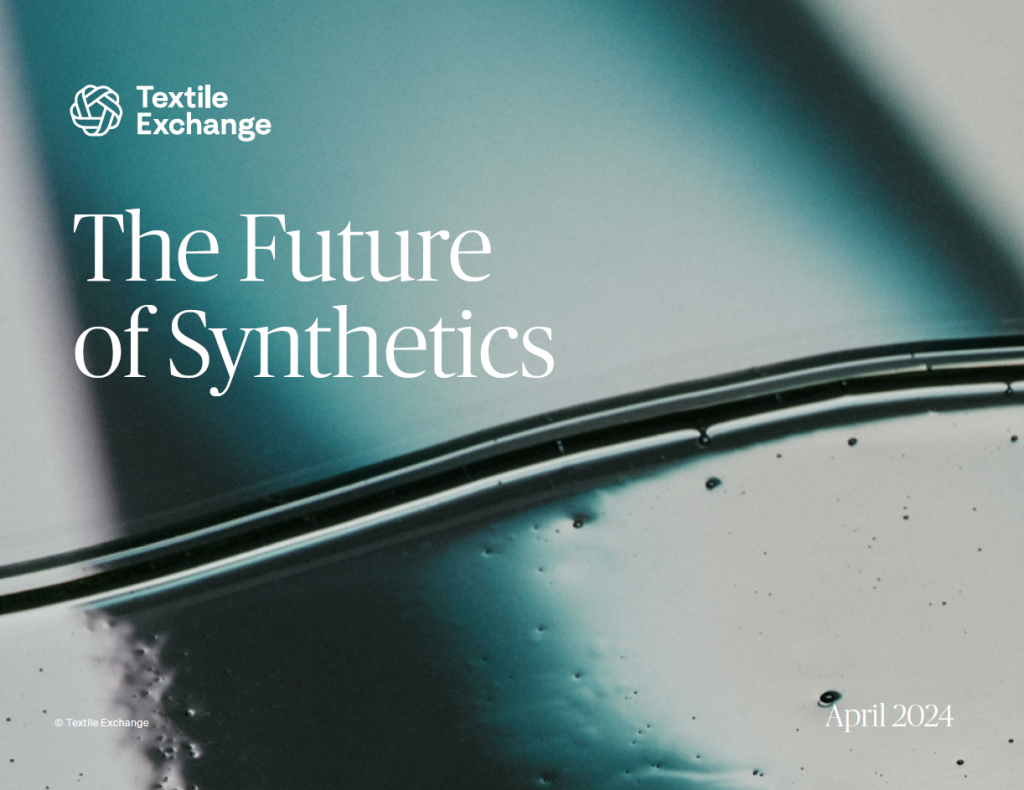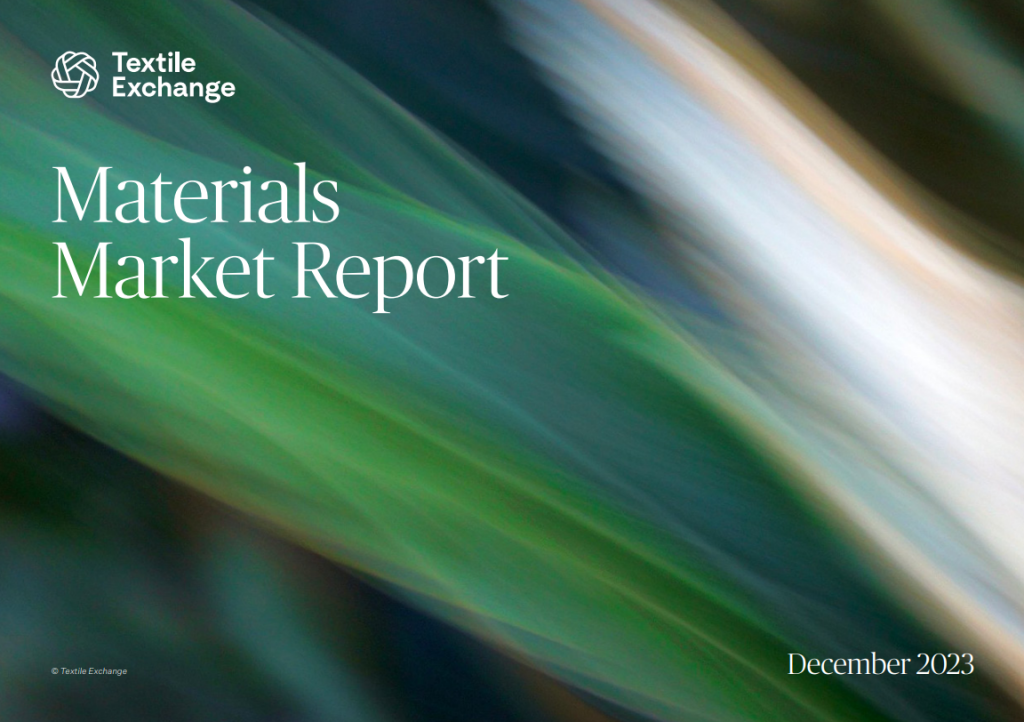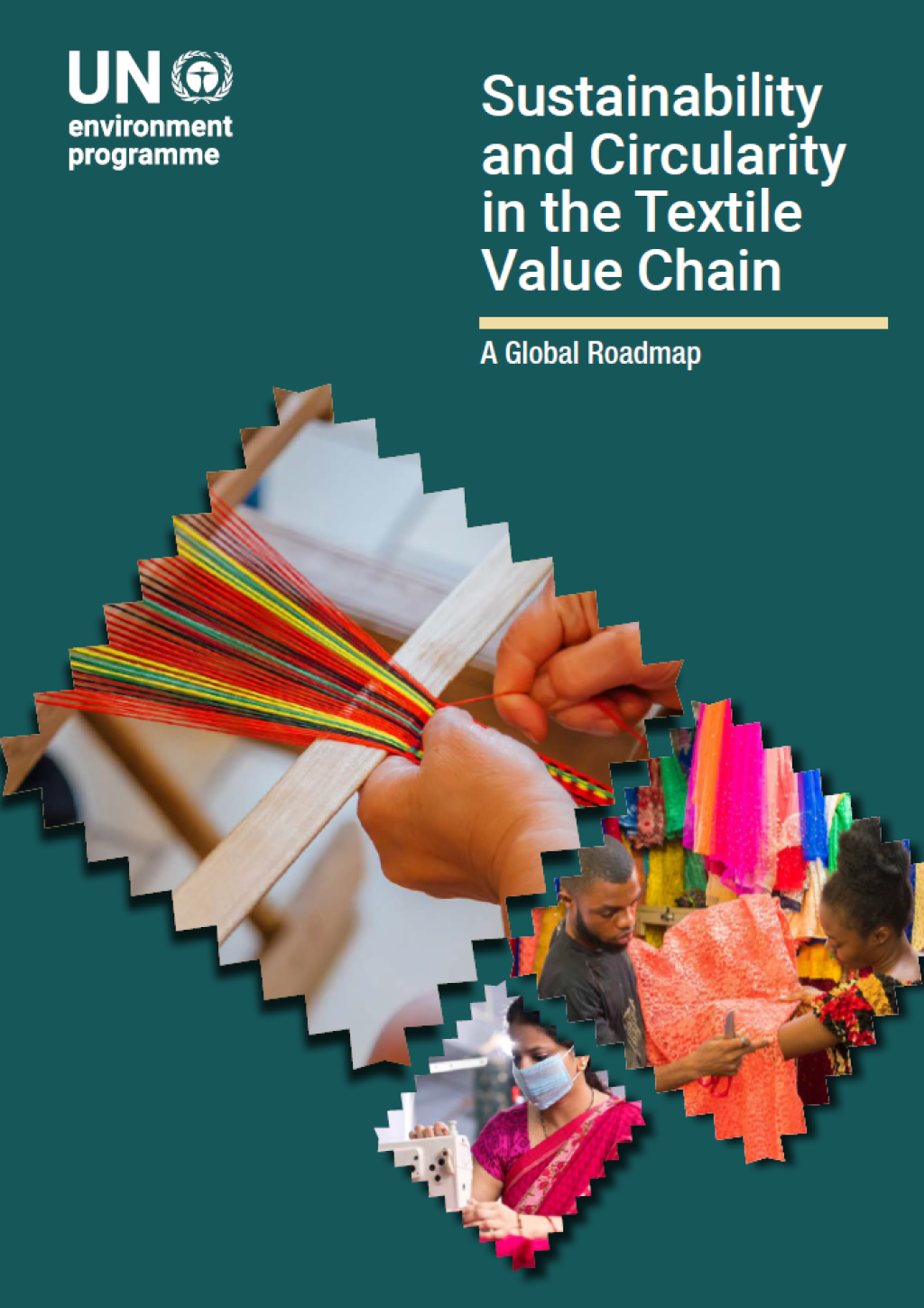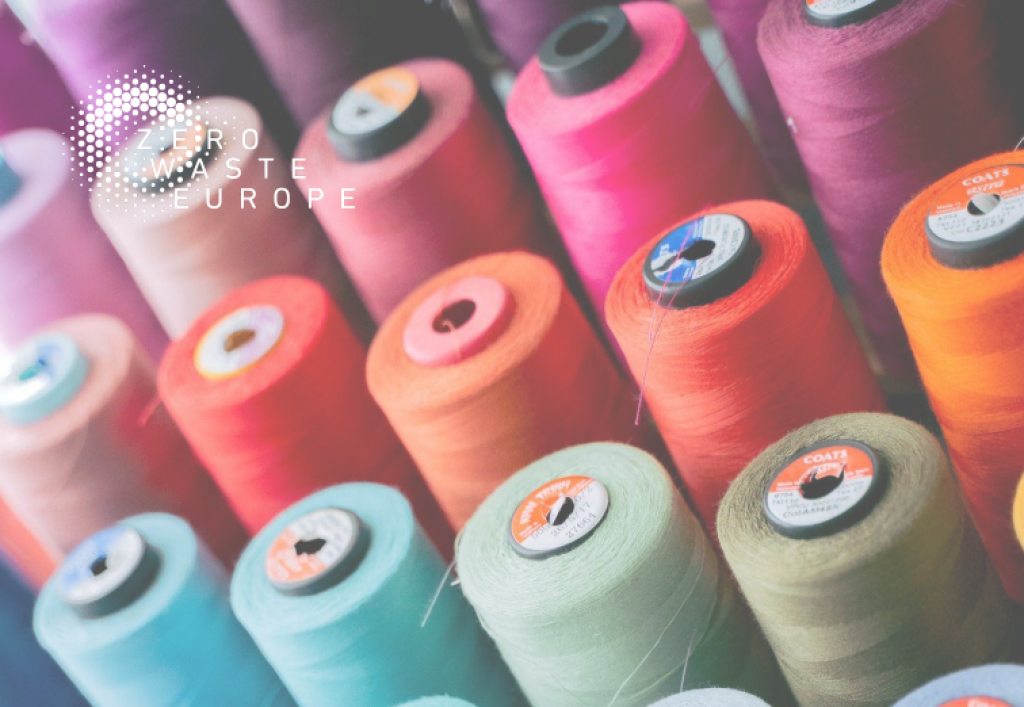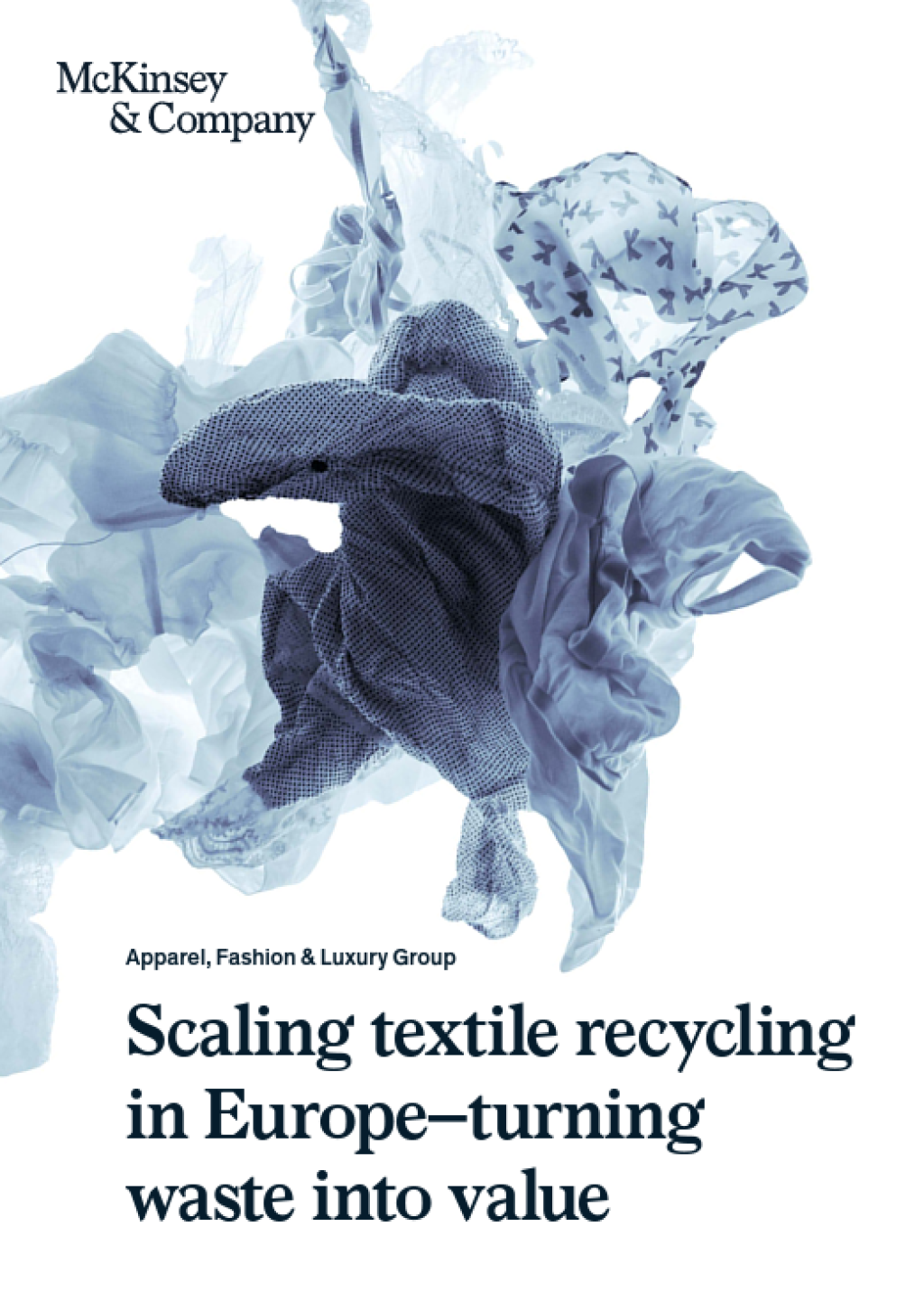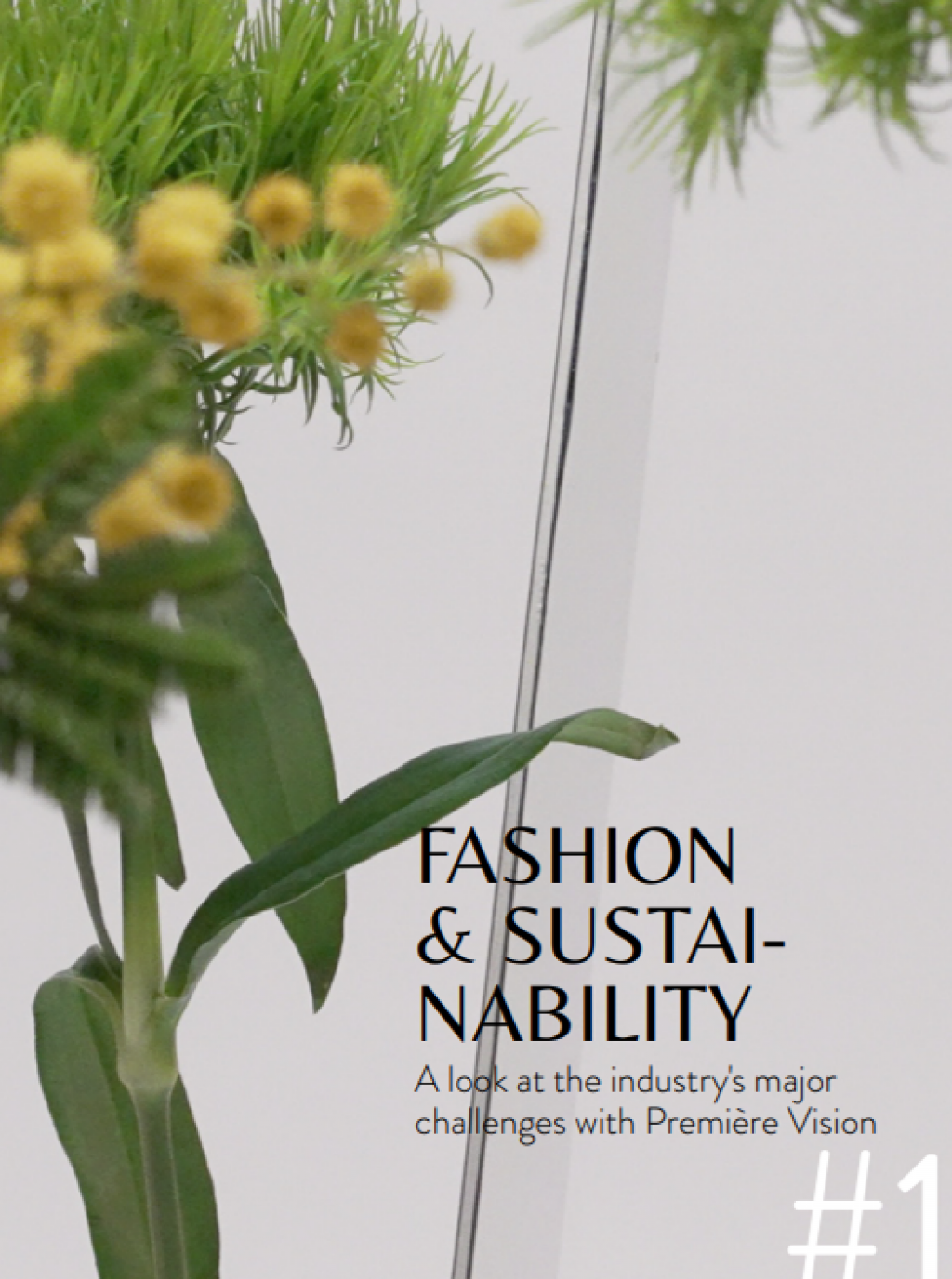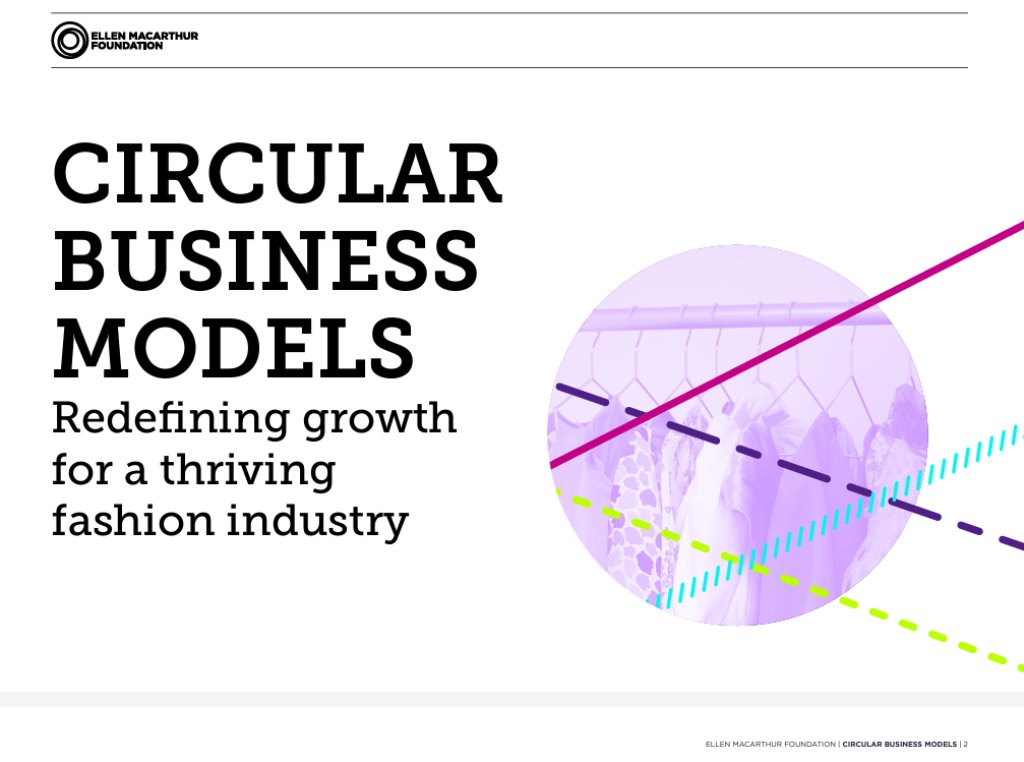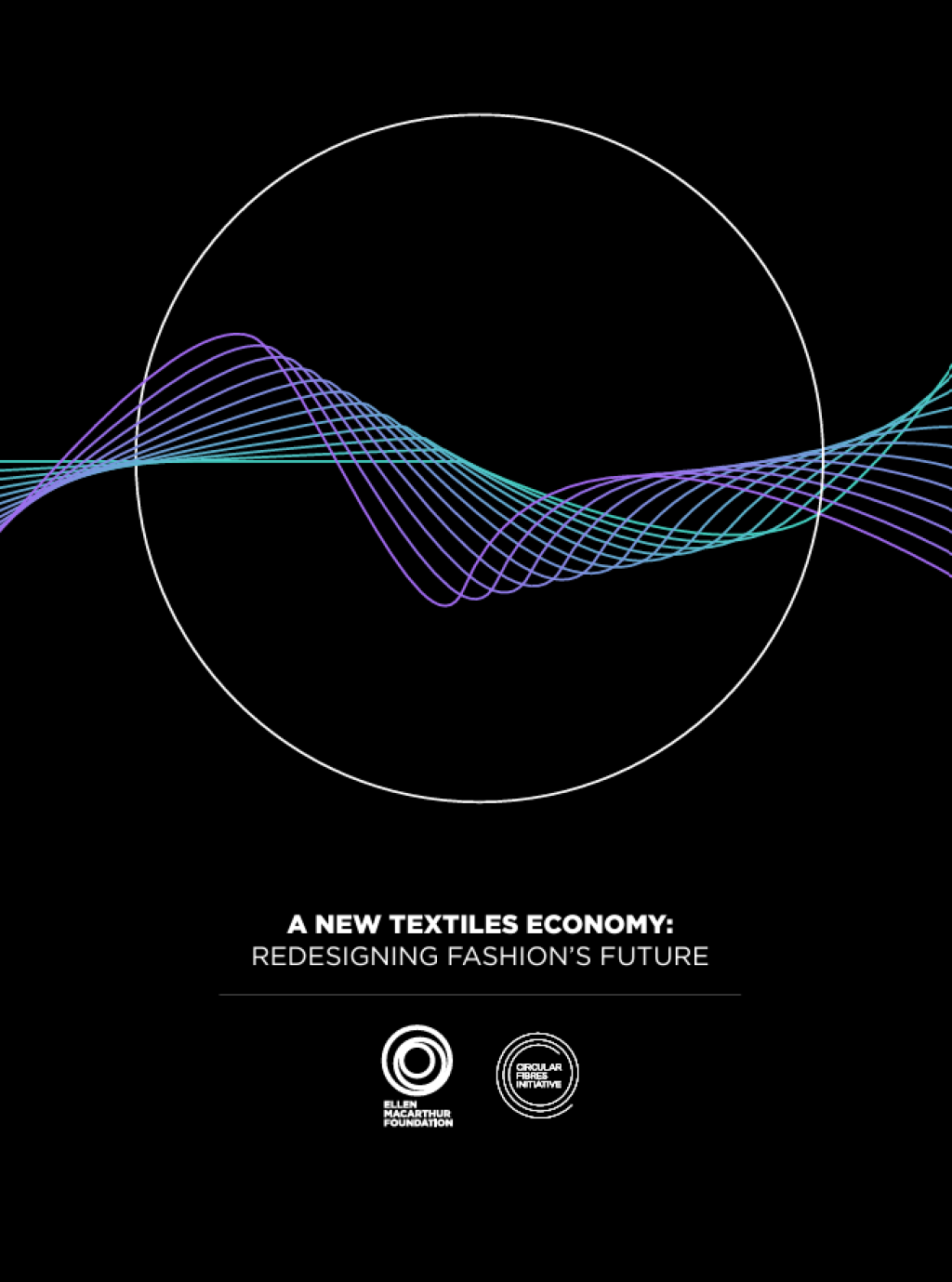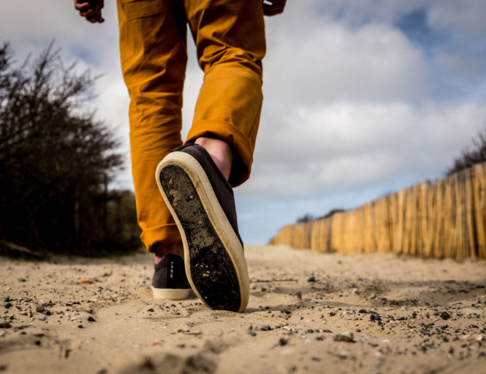
Can you briefly describe your approach?
After having seen a picture of an African child trying to manufacture sandals from rectangular pieces of rubber and a piece of string, I wanted to offer trainers based on the same principle. This would enable used tyres to be recycled for making a sole that won't wear out given the robustness of tyres.
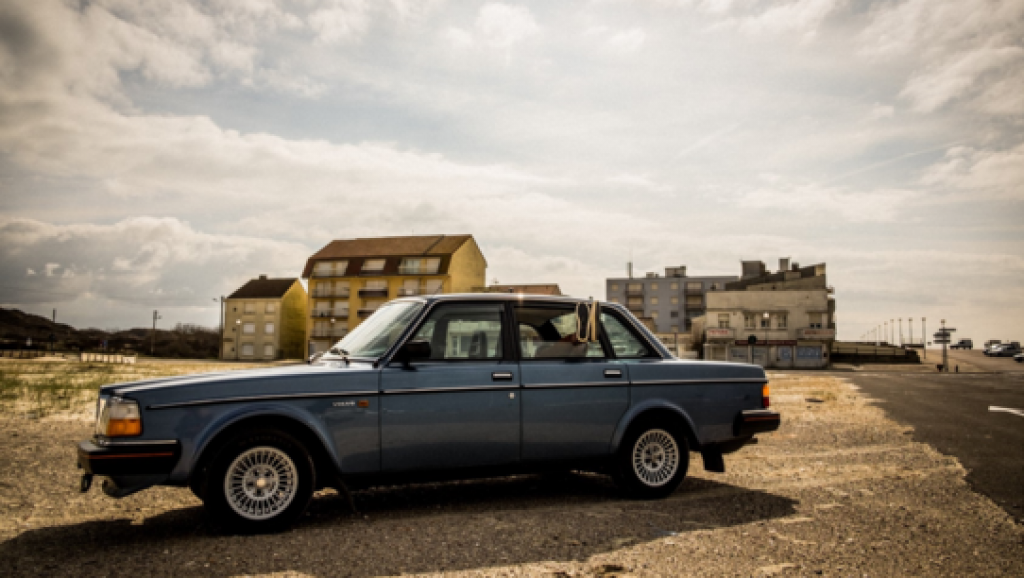
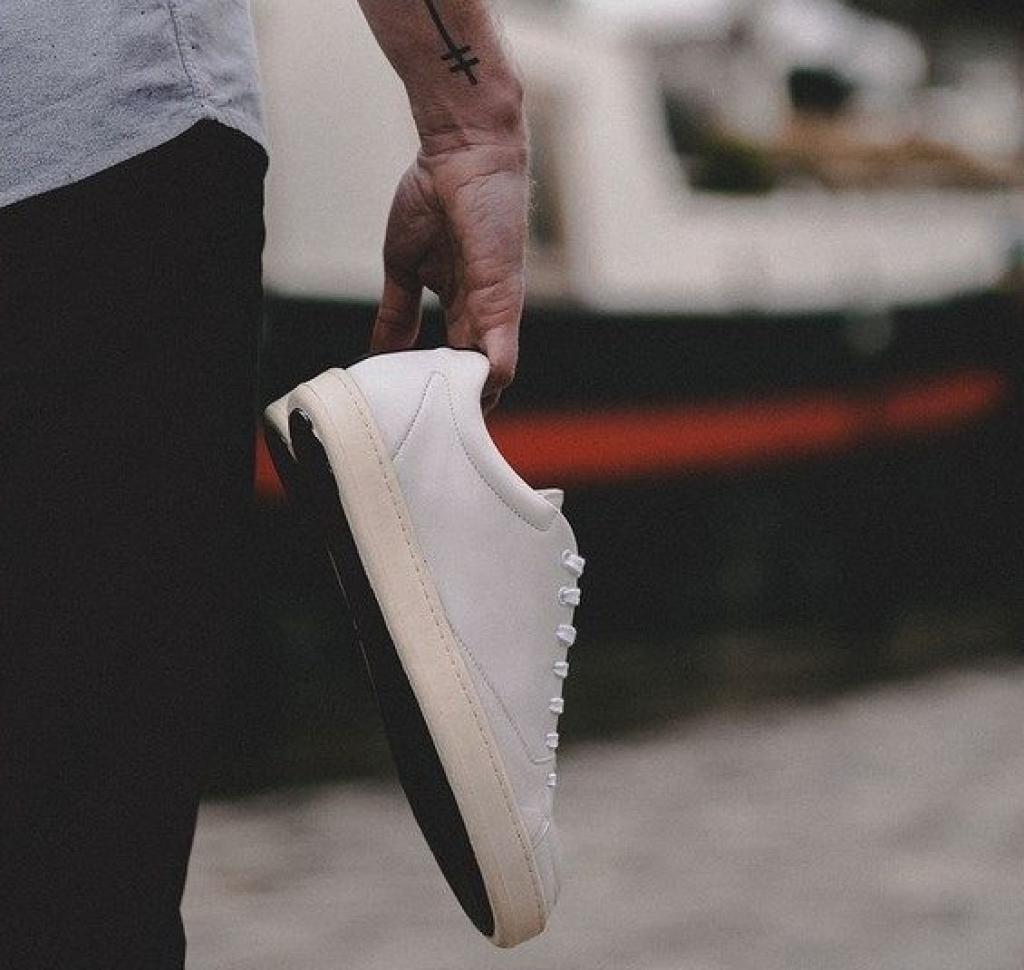
What working method did you use? What were its different stages?
It was long because I spent nearly two and half years developing the sole. First, I had to find a tyre recycling factory able to work the material so that it could be integrated in a sole.
Then, I had to find a sole-making factory that was willing to spend time testing this new material.
In parallel, I worked with a communications agency to start storytelling, contacted photographers, videographers to develop the web site and contact journalists.
Did you encounter any obstacles? And if so, which ones?
Initially, because the material from tyres is unheard of in sole-making, there was a technical obstacle. This requires lots of testing and trials. For example, for the material to become sufficiently soft and pliable all the textile parts and metal contained in the tyre must be removed.
Not all our recycling factories do this. Six months after the launch I realised that I had a return rate of 2 to 3%. I preferred to stop the whole process for six months including marketing in order to improve it.
I reworked the entire sole. I also launched a limited edition in recycled leather. It took me ten months to develop and improve the material.
Indeed, as soon as the material is used in another application other than the one for which it was designed, new difficulties arise. This requires time and money.
I’m struggling to obtain funding. I’ve contacted several public organisations and filled-in masses of forms and Excel tables to obtain help. But without any results. Their responsiveness isn’t adapted to the world of start-ups.
What were the levers for success?
Support from friends and family is essential. Both psychological and financial.
The Association Au-delà du cuir, founded by the National Council for Leather and the French Footwear Federation also accompanied me. They provided me with legal support, media support and a showroom.
Then, I joined Noyoco Lab, a co-working space for environmentally-friendly brands. A place where we can exchange, support one another...
Are you looking at ways to improve?
I’d now like to offer a product that is both “vegan” and “environmentally-friendly”. Both don’t necessarily go together.
Indeed, certain “vegan” products contain a large percentage of polyurethane. I work on rubber-based footwear and sewing thread that are made from 100% recycled materials and which can be 100% recycled. I want to transform waste into desirable products.
To manage growth, I now need a team and funding.
Thank you Arnaud Barboteau, Founder of Oth-Paris
Contact : contact@oth-paris.com


